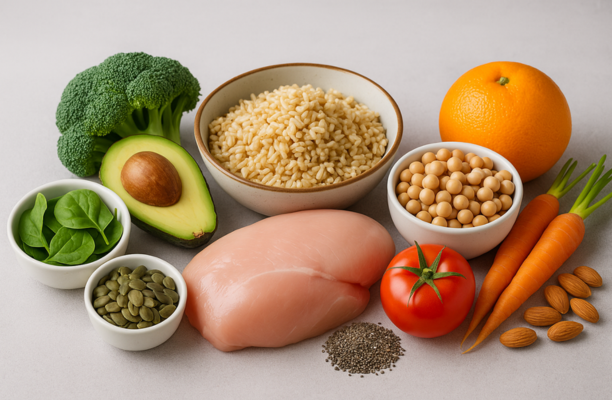
Intermittent Fasting: Benefits, Methods, and Considerations | Expert Tips
We all know how just the thought of fasting could make us feel. But going without food for a time (intermittent fasting) – no matter what reason can be good for us.
There are various ways to fast. Sometimes it’s about avoiding certain foods that are rich in fats and carbohydrates, and other times, it can be about reducing overall calories from your diet. Then there’s fasting when we don’t eat anything for a day or more.
As per medical literature, fasting can benefit us in numerous ways including:
- Weight loss
- Lowers cholesterol level
- Lowers blood pressure levels
- Reduces inflammation in the body from chronic medical conditions like arthritis
- Helps you live longer
- Prevents neurodegenerative disease
- Boosts brain functioning
However, if you’re planning to incorporate fasting into your schedule, there are certain things that you must consider before starting it.
Things To Consider Before You Start Fasting
Fasting can be a beneficial practice for some people, but it’s important to approach it healthily and responsibly. Here are some tips for healthy fasting:
#1. Consult with a healthcare professional
Before starting any fasting regimen, make sure to consult with your doctor or a registered dietitian, especially if you have any underlying health conditions or take medications that may be affected by fasting.
#2. Choose a fasting method that suits you
There are various fasting methods, such as intermittent fasting, alternate-day fasting, or extended fasting. Consider your lifestyle, preferences, and health goals when selecting a fasting approach that works for you.
#3. Stay hydrated
During fasting, it’s essential to drink plenty of water to stay hydrated. Hydration helps maintain bodily functions and can help curb hunger pangs. Herbal teas and infused water can also be consumed during fasting periods.
#4. Focus on nutrient-dense foods
When you break your fast, prioritize whole, nutrient-dense foods that provide essential vitamins, minerals, and macronutrients. Include plenty of fruits, vegetables, lean proteins, whole grains, and healthy fats in your meals to meet your nutritional needs.
#5. Avoid overeating during non-fasting periods
It’s common for people to compensate for the fasting period by overeating afterward. To maintain a healthy balance, practice portion control and listen to your body’s hunger and satiety cues. Aim for balanced meals that include adequate protein, healthy fats, and fiber to keep you satisfied for longer.
#6. Be mindful of your body’s response
Pay attention to how your body reacts to fasting. If you experience any adverse effects, such as dizziness, weakness, extreme hunger, or irregularities in your menstrual cycle, discontinue fasting and consult a healthcare professional.
#7. Practice self-care
Fasting can be challenging both physically and mentally. Prioritize self-care activities, such as getting enough sleep, managing stress levels, and engaging in light exercise or gentle movement. Take time for relaxation, meditation, or other activities that promote overall well-being.
#8. Monitor your progress:
Keep track of your fasting schedule and progress to evaluate how it aligns with your goals. Consider using a fasting app or journal to record your fasting periods, meals, and any observations about your experience.
Conclusion
Remember, fasting may not be suitable for everyone. If you have a history of disordered eating, are pregnant or breastfeeding, have diabetes, or other medical conditions, it’s important to seek professional guidance before embarking on any fasting regimen.
If you need assistance with your intermittent fasting diet, do get in touch with us today!







